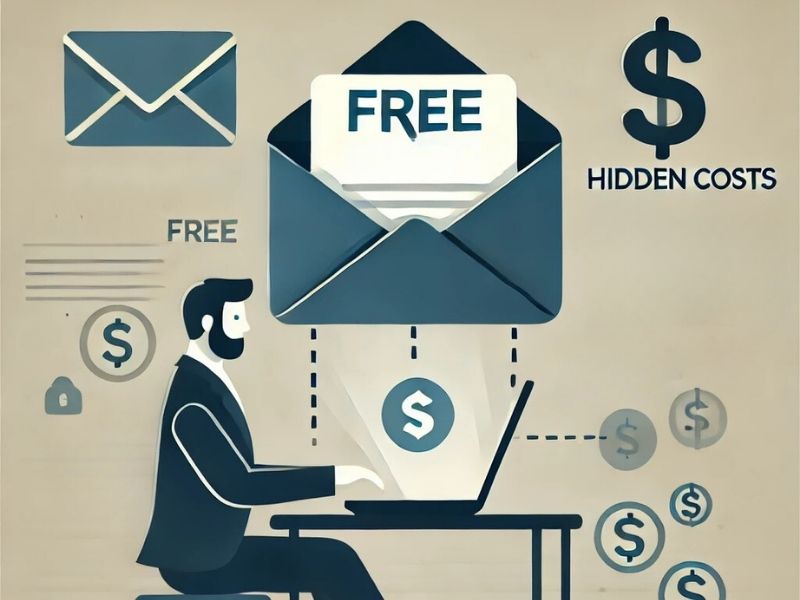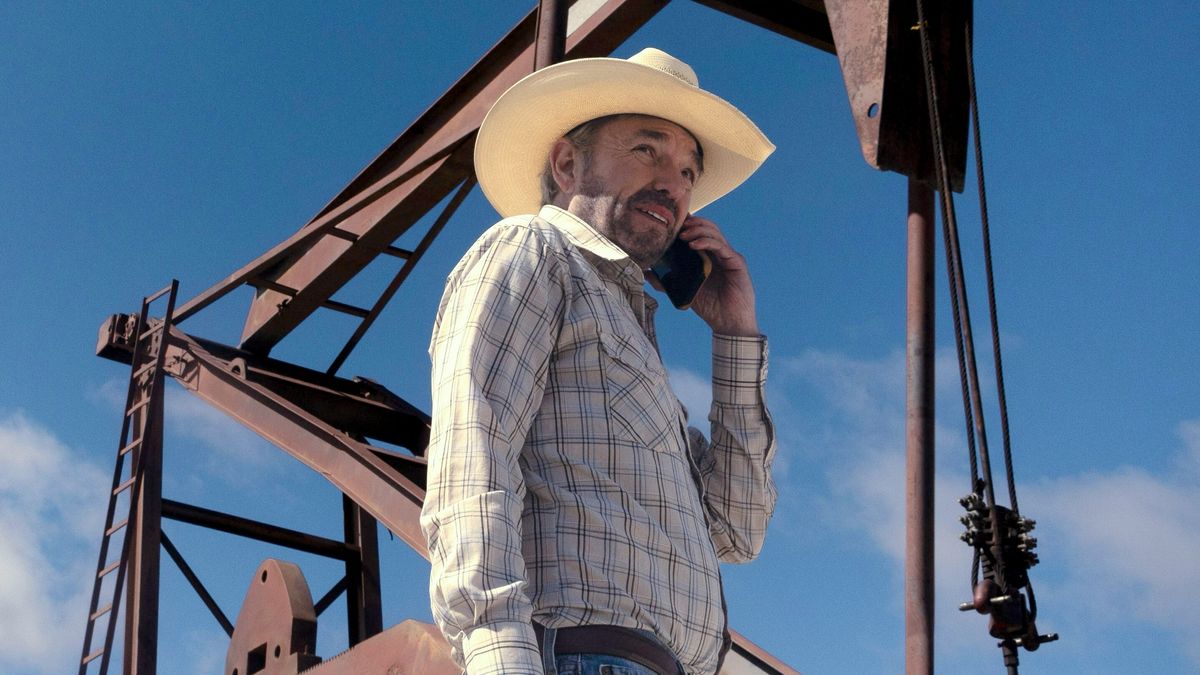 Andy Boxall / Digital Trends
Andy Boxall / Digital Trends
Independent U.K. consumer rights association Which? has filed a massive 3 billion British pound, or nearly $3.8 billion, legal claim against Apple, stating it has breached competition law and locked its customers into its expensive iCloud cloud storage service. It says if the claim is successful, 40 million Apple device owners in the U.K could be entitled to money back.
If you haven’t heard of Which? before, it’s made up of two different companies: the Consumers Association, a charity campaigning for the protection of consumers, understanding of consumer issues, and ensuring businesses meet the law. The second company is Which? Limited, a website producing content and services around products, helping people choose what’s best for them.
Which? Chief Executive Anabel Hoult explained more about the lawsuit:
“We believe Apple customers are owed nearly 3 billion British pounds as a result of the tech giant forcing its iCloud services on customers and cutting off competition from rival services. By bringing this claim, Which? is showing big corporations like Apple that they cannot rip off U.K. consumers without facing repercussions. Taking this legal action means we can help consumers to get the redress that they are owed, deter similar behavior in the future and create a better, more competitive market.”
The group states Apple’s iOS software is a monopoly, and intentionally makes it difficult for its customers to use services other than iCloud to store photos, videos, and other files. Once device owners have started using iCloud, it’s similarly difficult to transfer data to another service. Which? Also claims Apple overcharges for its iCloud subscriptions, once the included 5GB limit has been passed. It says prices have continued to rise for iCloud, increasing by between 20% and 29% across the available tiers in 2023 alone.
It’s seeking damages from Apple for consumers who signed up for iCloud since the beginning of October 2015, and the individual payout would average out to be 70 British pounds per person, or about $88. Which? is asking Apple to offer consumers their money back, and make it easier to change cloud service providers in iOS to avoid litigation.
This isn’t the first time Apple has found itself in hot water over iOS and claims of it being a monopoly. In March 2024 the Department of Justice (DOJ) sued Apple over creating a monopoly with its iOS software, and a few months later the European Union fined Apple over claims the App Store hampered competition.
Which? has set up a website here for iCloud subscribers in the U.K. to check if they may be eligible to claim, should the lawsuit be successful.

Andy is a Senior Writer at Digital Trends, where he concentrates on mobile technology, a subject he has written about for…
What Apple’s iCloud encryption update really means — and why you should care

Ask any tech enthusiast why they prefer Apple's ecosystem, and they will answer "security" as one of the key factors. Is Apple's security fortress really unbreachable? No. There are plenty of hacking incidents to prove it. Zero-day vulnerabilities pop up from time to time, and against sophisticated spyware like Pegasus, even Apple has proved to be clueless.
What Apple offers is a higher standard of protection, which also explains why the company has kept piling up on its ecosystem gatekeeping. For example, Apple doesn't allow sideloading and likely never will. It has its own set of tangible benefits. In 2022, Apple is further fortifying its security infrastructure with a trio of features.
Read more
Apple’s A17 chip could have a huge 3nm upgrade, but only for some iPhones

With the introduction of new smartphones at the Far Out event earlier this month, Apple set the stage for a nasty surprise. The company kept the next-generation A16 Bionic processor limited to the pricier iPhone 14 Pro models, while the vanilla iPhone 14 was restricted to the same A15 Bionic chip as the iPhone 13 quartet. If you felt stung by the controversial product decision, there’s more bad news.
According to Nikkei Asia, Apple has locked TSMC’s upgraded 3nm fabrication technology for designing the next-gen A17 Bionic. Work on the next-gen A-series processor has already begun at Apple, but once again, the upgraded smartphone chip will be limited to only the Pro models in the iPhone 15 series that will debut a year from now.
Read more
Watch all of Apple’s Far Out event videos: iPhone 14, Apple Watch 8, and AirPods Pro 2

Following Apple’s Far Out event earlier in the day, the tech giant has been dropping a bunch of related videos on its YouTube channel.
The videos offer a fast way of learning about new features coming with the latest iPhone 14 phone, Apple Watch, and AirPods Pro devices.
Read more




















 English (US) ·
English (US) ·